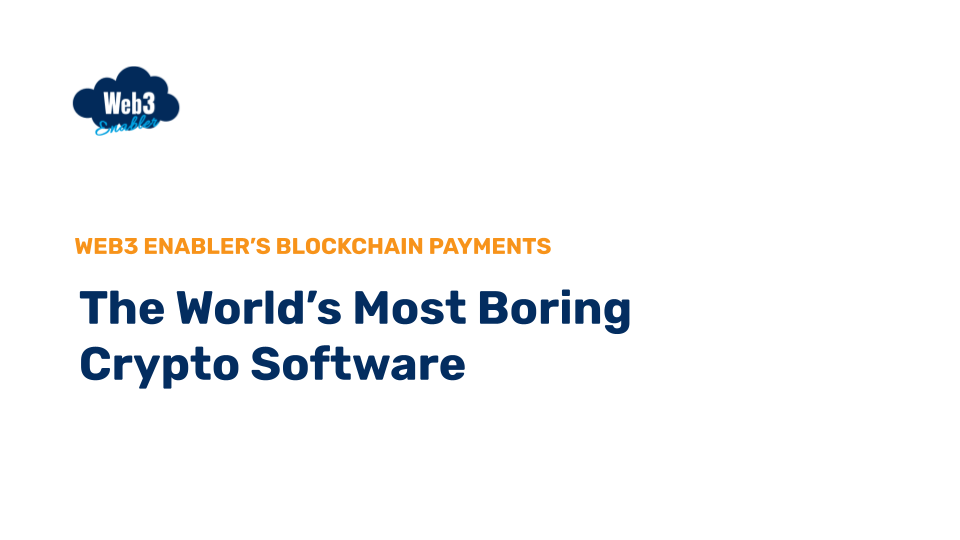On January 21st, blockchain technology took another significant step toward mainstream business integration as KPMG announced its membership in the Boston Blockchain Association. This move places KPMG among a growing list of influential members, such as Fidelity, Deloitte, and Ripple, who are actively shaping the future of blockchain adoption.
Corporate Engagement with Blockchain
KPMG’s involvement underscores the increasing interest from corporate giants in blockchain technology. Organizations like the Boston Blockchain Association foster collaboration between industry leaders to accelerate the adoption of blockchain solutions. Notably, the participation of Deloitte and other major firms signals a pivotal shift, with traditional accounting and consulting firms recognizing the potential of blockchain to redefine financial operations.
Stablecoins and Regulatory Evolution
A central focus of these discussions is stablecoins, which are rapidly gaining traction as viable tools for business transactions. The involvement of organizations such as the AICPA highlights the urgency of establishing comprehensive guidelines to ensure the seamless integration of stablecoins into corporate finance. As businesses navigate the complexities of digital asset adoption, regulatory clarity will be instrumental in facilitating widespread use and acceptance.
Advancing Crypto Audits
The presence of firms like KPMG and Deloitte at blockchain events also indicates a growing emphasis on normalizing cryptocurrency audits. With increased training and resources, auditors are better positioned to handle digital assets, fostering trust and compliance in this emerging sector. This trend reflects the maturing landscape of crypto as an asset class and the readiness of traditional auditing practices to adapt to new challenges.
Crowdfunding Campaign Progress
Web3 Enabler’s crowdfunding campaign continues to gain momentum as it enters its final weeks. Alex Hochberger, founder of Web3 Enabler, shared updates on platform advancements, including new features and partnerships that promise to enhance user experience and functionality. The campaign’s success underscores the robust interest in blockchain-related ventures, offering accessible entry points for investors eager to participate in this growing ecosystem.
Continuous Innovation and Collaboration
Web3 Enabler remains committed to continuous development, with plans to unveil a demo of its 2.5 version, featuring enhanced payables functionality. These updates demonstrate the agility and forward-thinking approach necessary for staying competitive in the dynamic blockchain space. Furthermore, collaborative efforts, like those within the Boston Blockchain Association, highlight the importance of partnerships in driving adoption and innovation.
Conclusion
The growing engagement of major firms like KPMG and Deloitte in blockchain initiatives signals a significant shift toward corporate acceptance of digital assets. The development of stablecoin guidelines and the normalization of crypto audits reflect the industry’s maturation, while Web3 Enabler’s advancements showcase the opportunities available to businesses and investors alike. As blockchain technology continues to integrate into mainstream business practices, the collaborative efforts of organizations like the Boston Blockchain Association will play a critical role in shaping the future of this transformative technology.


